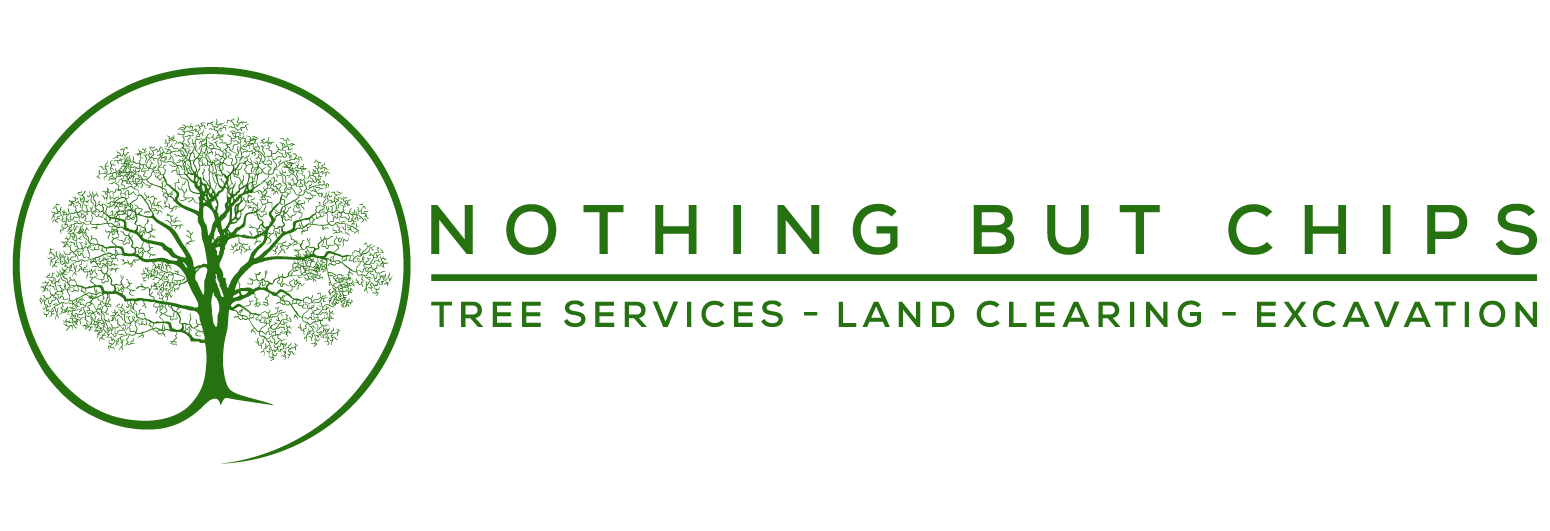If you’re looking to replant an area after it has been cleared, I highly recommend planting trees native to Middle Tennessee. I can even help you by drilling the holes need for tree planting ( give me a shout ). Replanting native trees serves a number of purposes, all of which are highly beneficial.
1. Native trees require little to no maintenance on your part as they’re designed to thrive in the Middle Tennessee environment. Bringing non-native plants into an ecosystem isn’t just potentially dangerous to the other plants in the area, it can require a lot of extra attention and resources.
2. Native trees can cause a property to blend naturally into its surroundings. It also can help increase the amount of natural habitat for the area wildlife, which is especially important if you’re replanting an area that is already secluded or wooded.
3. Native trees are also naturally suited against other native things that you may not want to attract to your property — specifically bugs and diseases.
And … all of these things combine to help increase your property value. It’s a win-win!
The best trees for Middle Tennessee
Before you begin, however, there are several things that you’ll want to keep in mind. According to the Tennessee Natural Areas Program, you’ll want to consider the amount of light available, the required moisture level, and the preferred pH of the soil for each species of tree. You also should give consideration to the desired final height of the tree and its longevity.
In addition, ask yourself the following questions:
- How many trees do you want to plant?
- Are you planting in an urban or rural setting?
- Are there other plants (other than trees) that you want to include in your replanting?
If it seems like a lot, it is! But I promise that putting the research and work in prior to replanting will pay off. To help you get started, here are four native trees that are frequently replanted in Middle Tennessee.
Sugar Maple
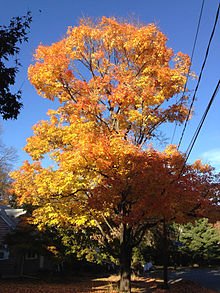
Black Walnut
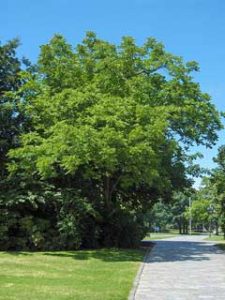
The black walnut (Juglans nigra) is another tall, long-living option. It too works in all light levels and requires most to dry conditions, although it does prefer limestone soil. It grows more than 70 feet tall and can live over 100 years.
There are a couple of downsides to planting black walnuts, however. A black walnut tree is allelopathic, which means that it naturally gains a competitive growing advantage by releasing chemicals through its roots. These natural chemicals could potentially be harmful to other nearby grasses or plants. Another issue is the nuts that fall from the tree which can be quite large in size. If you’re planning on mowing the area around your trees, the large husks can potentially do some serious damage to your lawnmower, especially during the late fall.
Hackberry
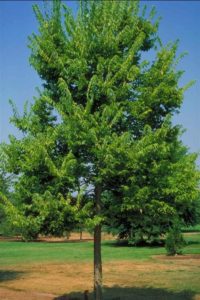
The hackberry (Celtis occidentalis), also known as a nettletree, is a great mid-size option. Native to the Middle Tennessee region, the hackberry tends to prefer a moist soil and can grow between 30 and 50 feet in height.
Flowering Dogwood
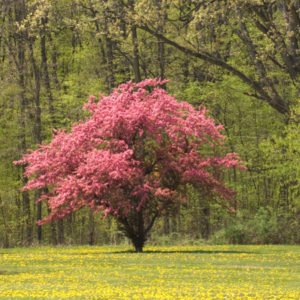
If you’re looking for a smaller option, the flowering dogwood (Cornus florida) tends to grow less than 30 feet in height. It is a hearty tree that can thrive in partial sun or shade and moist to dry conditions. Flowering dogwoods are often used in urban settings, although areas where intense heat is possible (like parking lots) can hamper their growth.
Many Other Options
Of course, there are many, many other options available as well. To learn more about native trees and plants to Middle Tennessee, I recommend the following organizations:
Tennessee Department of Environment and Conservation: http://www.tennessee.gov/environment/
Tennessee Exotic Pest Plant Council: http://www.se-eppc.org
Tennessee Native Plant Society: http://www.tnps.org/
Warner Park Nature Center: http://www.nashville.gov/Parks-and-Recreation/Nature-Centers-and-Natural-Areas/Warner-Park-Nature-Center.aspx
In addition, this PDF ( https://www.se-eppc.org/pubs/middle.pdf ) offers an easy guide to help you get started.
If you are ready to clear your land and have me drill some tree holes for you, give me a shout . I would love to give you a free quote.
The post Trees for Middle Tennessee appeared first on Nothing But Chips.

